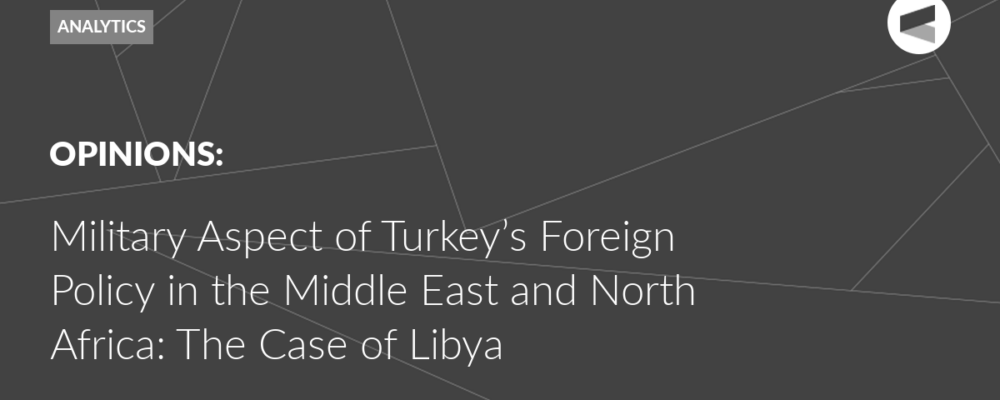Let me explain.
There is a huge literature on the dollar based IMFS, most of it based in the US and committed, contrary to all evidence, to celebrating its effective ‘public service’ to the world and to predicting its longevity.
There is also a huge literature on financialization, and its harms.
However, until my Geopolitical Economy of 2013, no one spoke of their intimate connection.
I argued there, and in other publications including Capitalism, Coronavirus and War, since, that after 1971 the dollar system rested on the volatile foundations of successive financializations, in the plural – a series of expansions of dollar denominated financial activity, each involving different assets, actors, flows and regulations. Each was, of course, unsustainable. Each ended, of course, in financial crises. Each had to be replaced by another. By increasing purely financial demand for the dollar, they counteracted the downward pressure on the currency that US fiscal, current account and trade deficits exerted on the dollar, pressure that would have ejected it from its world role, as Robert Triffin had predicted back in the 1950s.
This financialized dollar system has increased international inequality massively. Here is an incomplete list of the ways it has:
-
It systematically undervalues World Majority currencies, allowing dollar holders to buy World Majority products and services dirt cheap.
-
It rests on persistent imbalances. They spell underdevelopment as no systemic imperative either imposes self-sufficiency or addresses un-competitiveness. -
It offers World Majority governments and firms credit, at usurious interest rates, not when they need it but only when dollar creditors need to lend, usually not counter-cyclically but pro-cyclically.
They have induced debt crises when western monetary authorities have increased interest rates, as in the 1980s and again today.
In the debt restructurings that follow, the principle of creditor responsibility is erased by the IMF and the World Bank who act exclusively as bailiffs for western financial institutions, resulting in the nefarious reverse capital flows through which poor countries have repaid many times the debt they originally contracted, imposing economic retardation on millions.
The dollar system requires the lifting of capital controls to free capital flows which transfer of even more wealth from World Majority countries to the core capitalist countries as the rich transfer wealth to evade taxes at home and to participate in the speculative activity that abounds in the dollar denominated international financial system. The aforementioned report noted World Majority country investment flows to advanced countries as a major problem.
The Valdai Discussion Club was established in 2004. It is named after Lake Valdai, which is located close to Veliky Novgorod, where the Club’s first meeting took place.
Please visit the firm link to site






